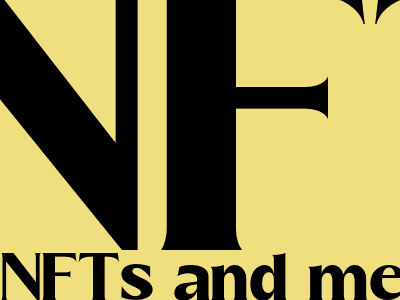
NFTs and the Metaverse: Reshaping Virtual Worlds and Redefining Ownership
Virtual Land and Digital Assets
The concept of buying and owning virtual land has gained prominence in the wake of the metaverse, where individuals can acquire digital plots to create custom experiences, host events, or simply invest in virtual real estate. The value of virtual land is tied to the popularity and accessibility of the metaverse platform and the scarcity of available plots.
In addition to virtual land, NFTs are used to represent unique digital assets within the metaverse, such as avatars, wearables, and artifacts. These assets can hold value based on their rarity, aesthetic appeal, or utility within the virtual world.
Decentralization and Ownership
NFTs are stored on decentralized blockchains, ensuring transparency and immutable ownership. Unlike traditional ownership models, where a central authority controls access to digital assets, NFTs empower users with complete control over their digital possessions within the metaverse.
This paradigm shift has profound implications for the concept of ownership in virtual worlds. Individuals can now truly own and control their digital assets, fostering a sense of community and empowering creators to monetize their contributions.
Economic Impact and Investment Opportunities
The metaverse and NFTs have significant economic potential. Virtual land can be developed and used to generate passive income through rentals or hosting events. NFTs, representing unique digital assets, can be bought, sold, and traded, creating a vibrant digital economy within the metaverse.
Investors are recognizing the investment potential in NFTs and virtual land, with major players such as Sotheby's and Christie's hosting auctions for digital assets. The value of these assets is influenced by factors such as the popularity of the metaverse platform, the scarcity of the asset, and its potential utility.
Challenges and Future Prospects
Despite the transformative potential of NFTs and the metaverse, challenges remain. Interoperability between different metaverse platforms is limited, hindering the seamless transfer of assets across virtual worlds.
Additionally, regulatory frameworks for digital assets are still evolving, creating uncertainty for investors and businesses. As the metaverse continues to evolve, it is crucial to address these challenges to foster innovation and protect consumers.
Conclusion
NFTs and the metaverse are reshaping the digital landscape, introducing new concepts of ownership and creating unprecedented economic opportunities. While challenges remain, the potential for innovation and transformation in virtual worlds is vast. The future of NFTs and the metaverse holds immense promise for redefining ownership, fostering creativity, and shaping the digital economies of tomorrow.